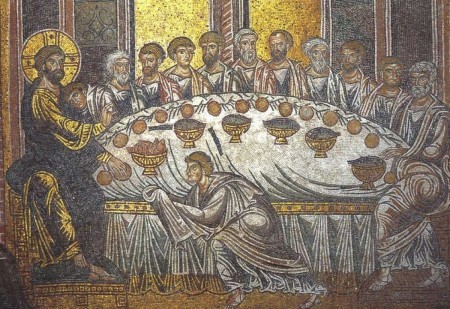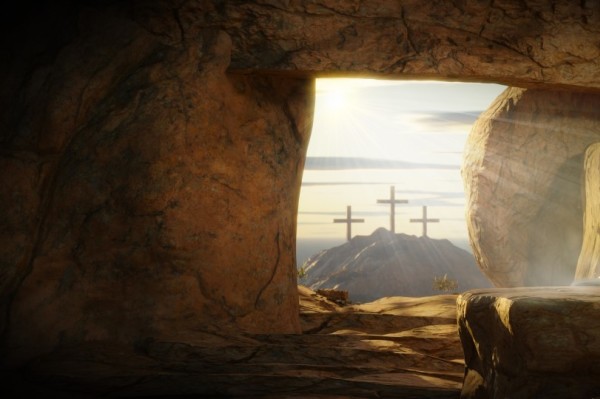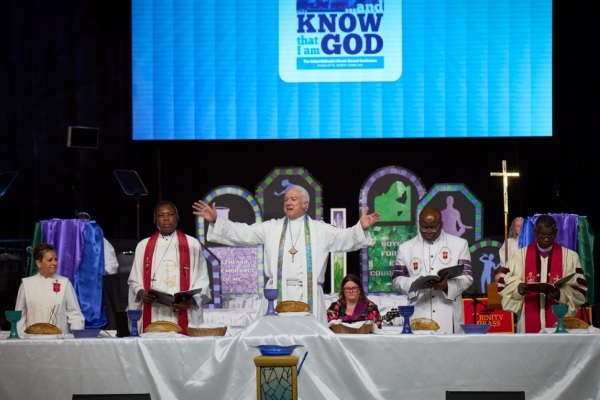Mainstream historians have 'no doubts at all' about Jesus being a historical figure: scholar

Secular mainstream historical academia has “no doubts at all” that Jesus of Nazareth was an actual historical figure, according to an Australian scholar and Anglican priest.
A recent episode of the Dallas Theological Seminary podcast “The Table,” posted to YouTube last week, focused on the question of the historicity of Jesus.
John Dickson, a religion historian who specializes in early Christianity and is the director of the Centre for Public Christianity in Australia, was one of two experts interviewed on the podcast.
Dickson commented that “secular historical scholarship has no doubts at all about whether Jesus of Nazareth lived,” citing multiple published examples to back up this claim.
“You pick up the Oxford Classical Dictionary, which is just up there on my shelf here, 1,600 pages compendium of all things Greek and Roman,” said Dickson.
“You turn to the section on Christianity, and you will find several paragraphs that begin to just outline what we know of the historical Jesus, and zero doubt is raised. Zero doubt is raised about whether this figure really lived.”
“You could do it again with … volume 10 of The Cambridge Ancient History,” he added. “Turn to the section on the birth of Christianity and there are several pages written by a famous classicist about what we know of the historical Jesus. We could go on and on with this.”
Dickson recounted to podcast host Mikel Del Rosario how, in 2014, he issued a public challenge that if any person could name one professor of classics, ancient history, or New Testament based in a secular university who argued Jesus never lived, he would eat a page from his Bible.
“When I did that Twitter exploded, as it does for a little while, and people were throwing professor names at me,” Dickson recalled, saying none of the professors named actually specialized in the three fields he mentioned.
“I was talking about people who have actually got what we call in the British and Australian tradition, tenured professorship. And then there are thousands of them, right? It's not like this is too narrow. Thousands of these characters, who argues Jesus didn't live? Find me one. Well, they are still looking.”
Darrell L. Bock, an author and scholar who is a professor at DTS, who was also part of the podcast episode, commented on the use of Josephus as a first century non-Christian historian who wrote about Jesus.
Bock defended using Josephus as evidence, acknowledging that some of his comments about Jesus were later doctored, but nevertheless “some of the core elements of what the New Testament shows are there.”
“You strip [the doctored sentences] away, and you have what's left: a declaration that Jesus existed, that He did unusual works, that He is responsible for the origins of Christianity,” said Bock.
The podcast episode was named after the 2019 book by John Dickson, titled, Is Jesus History?, which argued for the historical existence of Jesus of Nazareth and the significance of this issue today.
“In this timely book, historian John Dickson unpacks how history works so that we have the tools to evaluate what we can confidently say about figures like Emperor Tiberius, Pontius Pilate, High Priest Caiaphas, and, of course, Jesus of Nazareth,” read its Amazon description. “He presents the evidence and the conclusions of the vast majority of scholars both Christian and not in this area. But more than that, he asks some more pertinent questions: If Jesus really did exist, was he who he claimed to be and if so, what does that mean for you today?”
Some have argued that the evidence that Jesus of Nazareth was an actual historical figure is too scant, especially when not including the Gospel accounts of the Bible.
“In a recent book, the French philosopher Michel Onfray talks of Jesus as a mere hypothesis, his existence as an idea rather than as a historical figure,” wrote Simon Gathercole of the University of Cambridge in a 2017 piece for the Guardian.
“Some authors have even argued that Jesus of Nazareth was doubly non-existent, contending that both Jesus and Nazareth are Christian inventions.”
As with Bock and Dickson, Gathercole accepted the historicity of Jesus, adding that “abundant historical references leave us with little reasonable doubt that Jesus lived and died.”
“The more interesting question — which goes beyond history and objective fact — is whether Jesus died and lived,” he concluded.





















